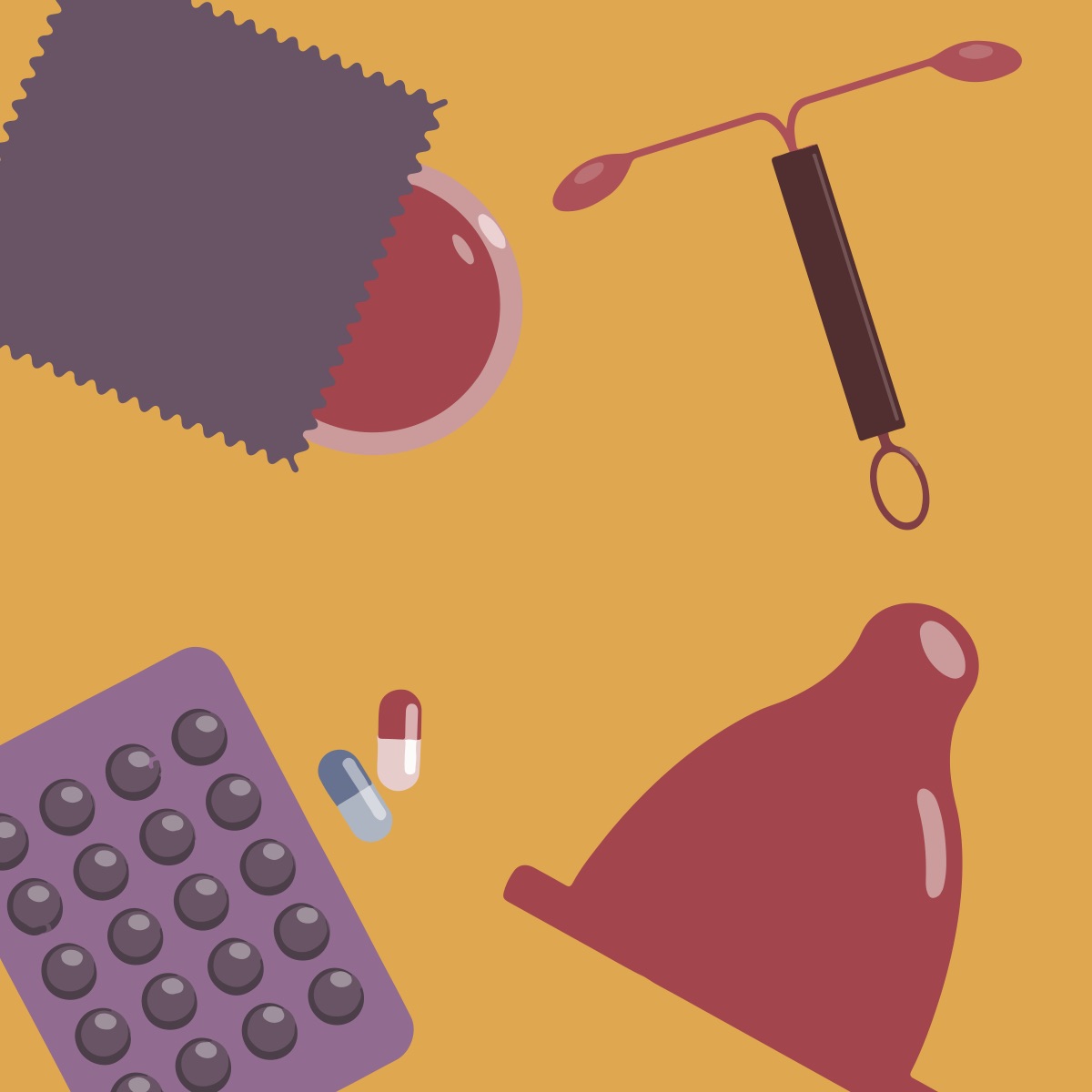Everything You Need to Know About Plan B
 Emergency contraception is often misunderstood by the public. If you’re a woman who has sex with men, you or a friend have probably had to take Plan B in what was one of the most nerve-racking mornings-after of your life.
Emergency contraception is often misunderstood by the public. If you’re a woman who has sex with men, you or a friend have probably had to take Plan B in what was one of the most nerve-racking mornings-after of your life.
Sarah Hamilton, a junior Communications and Rhetorical Studies major, knows that feeling. She has taken “the morning after pill” twice in the last year. She wasn’t sure who to turn to or what to do so, like most Millennials, she hopped on her laptop for some advice.
“If you Google Plan B, you’ve got your WikiHows and your online forums of girls saying ‘Oh I took it and my vagina fell out,’ or something awful and crazy like that,” Hamilton said. “So that’s what I heard and I didn’t know what was going to happen [when I took the pill] because everyone’s body is different and the people on these forums are probably really rare cases or just lying.”
If you’re doing the dirty sans-protection, you need to know your shit. So let’s get down to business on the ins and outs of Plan B, the most popular form of emergency contraception.
Plan B is a type of emergency contraception. This means that taking the pill delays the body’s release of eggs from the ovaries. To be clear, it is not an abortion pill. Plan B just makes it much harder for a sperm to fertilize an egg. It does its job before the first steps of pregnancy can even occur.
Since 2006, the Food and Drug Administration (FDA) has allowed anyone over 17 to buy Plan B over the counter. After gathering research and data from more than 15,000 women, the FDA reported that is medication was “well tolerated and safe.”
And no, there are no cases of anyone dying. According to the FDA, overdosing is also extremely unlikely as it is relatively expensive to purchase packaged single doses and getting enough to do so would be difficult, You’ve heard it before in between Bachelor commercial breaks, but just to reiterate that not so soothing commercial; side effects from taking Plan B can include nausea, headache, stomach pain, fatigue, and changes in one’s period.
The pill doesn’t prevent pregnancy 100 percent of the time. After taking the drug, some people have reported heavy and extended bleeding and pregnancy.
Hamilton was nervous before taking Plan B for the first time. She didn’t know what to expect. “I was worried that it would mess things up [in my body] but it didn’t,” she said. “I think mine made me breakout a little because of all the extra hormones but that’s no big deal...I had a period for a few days and then I moved on with my life.”
The World Health Organization, American College of Obstetricians and Gynecologists, and the American Society for Emergency Contraception all say that, though use of Plan B and similar medications over and over again isn’t recommended, it won’t hurt you. However, these drugs pump huge amounts of hormones into your body, so you might feel shitty, but at least you (probably) won’t be pregnant.
So yeah, you’ll be fine to use Plan B more than once, but becoming a frequent flier probably isn’t the best idea. There have yet to be any studies on the long-term effects of taking the pill repeatedly, according to The Daily Mail, and it appears that more and more people are relying on it as a form of birth control rather than an emergency contraceptive.
Here’s our hot take: just use birth control. There are a plethora of options, from condoms to IUDs to the pill. Choosing one of these (except for in emergencies) protects you from a lot of unknowns about Plan B.
Educate yourself on all the options, because chances are, your high school sex education isn’t cutting it. When asked if she was taught about emergency contraception or any forms of birth control before college, Hamilton replied “Oh god, no. I grew up in Georgia. It’s abstinence only. I didn’t even know about Plan B this time last year.”
That seems irresponsible on the part of our educators. But we can right that wrong by educating ourselves on the safest ways to do the deed.
Speaking of safety, there have been murmurs on the Internet that a person’s weight can make the morning after pill less effective. That doesn’t make us feel safe at all. Some reports say that Plan B becomes less effective if a woman is 165 pounds or more in weight. That’s quite the statistic considering the average weight for women in America is a little over 166 pounds.
According to reporting done by Refinery29, though, that isn’t true. “There are currently no weight-related considerations on the Plan B One-Step® (levonorgestrel) label,” a Teva Pharmaceuticals spokesperson told the Refinery29 reporter.
However, the dosage of each Plan-B pill is the same, regardless of the taker’s weight. According to the drug’s label and research available, it is most important, regardless of your weight, that you take the pill as soon after having unprotected sex as possible.
“I was definitely scared [the first time I took Plan B],” Hamilton said. “But what Plan B does makes me feel like my life is back on track so I can take a breath.”
Plan B is a great option for emergencies. Whether the condom breaks or you just got caught up in the moment, it will be there to give you some peace of mind. However, it does not come without side effects or risks. Know your stuff before you pop that pill.

